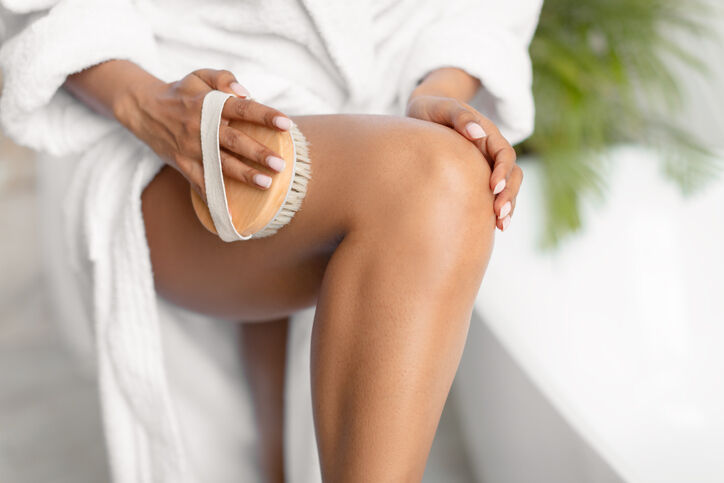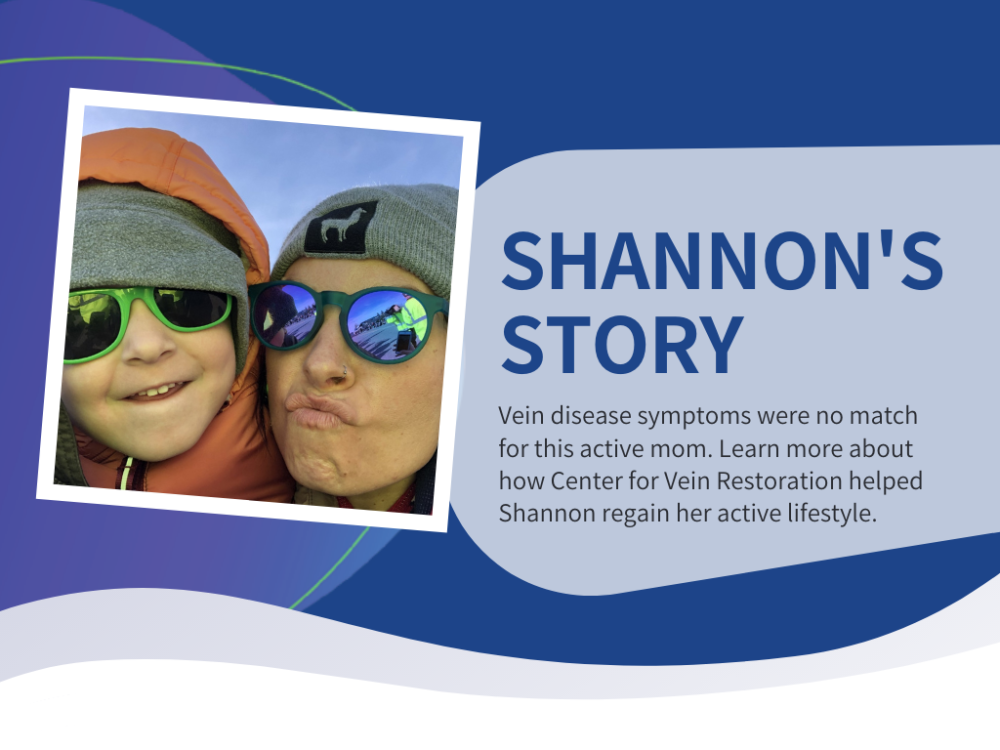Why is it important that you ask your vein doctor questions?
According to Aditya Gupta, MD, RPVI, D-ABVLM, CVR Lead Physician, SW Austin, Texas and NW Austin, Texas:
"Physicians are trained to treat patients, not symptoms… Patients must understand the whole disease process to be partners in care. Without questions, the patient may not know what exactly is going on… It is reassuring (for the physician) to get questions so they know that the patient is (engaged) in care. Patient care is a two-way street."
– Dr. Aditya Gupta
What questions should I ask my vein doctor?
Your CVR vein physician invites you to ask questions so you can be completely comfortable with your diagnosis and treatment plan and have realistic expectations about your outcomes. However, patients sometimes "go blank" while they are in front of the doctor and forget the questions they meant to ask.
Here is a list of sample questions to help you get the information you need and the typical answer you may receive:
How do you diagnosis varicose veins?
At CVR, your evaluation begins with a thorough health history. Your provider will determine your risk for vein disease or other vascular issues by asking about your lifestyle, medical history, and current symptoms.
Your provider may recommend a non-invasive test to evaluate blood flow in your veins called a vascular ultrasound or Doppler ultrasound. This painless diagnostic procedure will determine the presence of venous reflux. This reversal of blood flow through the vein valves causes blood to pool in the legs. If left untreated, this can lead to pain, swelling, feelings of heaviness and fatigue in the legs, cramping, skin changes, varicose veins, and leg ulcers.
What happens after my consultation?
If it is determined that treatment is necessary to improve your health and comfort, your CVR doctor will thoroughly explain the recommended treatment plan personalized for you. This plan will detail each proposed treatment option, and all are performed as an outpatient at the CVR clinic location.
Our team of professionals will then spring into action—obtaining pre-authorizations, securing insurance coverage, and helping with financing options to manage expenses if necessary.
What treatment options do you offer?
All treatment options offered at CVR are minimally invasive and performed using only local anesthetic so you can return to normal activity with few restrictions the same day.
Treatment options include:
Do you do vein stripping?
The traditional vein stripping procedure you may have heard about through your parents and grandparents is not performed at CVR. It has been replaced with the minimally invasive and well-tolerated ambulatory phlebectomy procedure.
Because there are many safe, effective, minimally invasive alternative methods for eliminating varicose veins, vein stripping
is rarely performed at a modern-day vein center.
The vein stripping method of yesteryear required general anesthesia and sometimes a hospital stay. Multiple incisions requiring stitches are made along the problem vein during vein stripping. The vein is removed using a thin wire called a "stripper." Recovery from this procedure is lengthy, requiring patients to be out of work for weeks. Risks from the anesthesia and heavy bleeding, and nerve damage make vein stripping a less than ideal method.
How do I prepare for my vein procedure?
Preparation
for your vein treatment is straight-forward, simple, and includes:
- Being well-hydrated
- Following your doctor's orders regarding medication
- Wearing comfortable, loose-fitting clothes
- Bringing your compression stockings to the appointment is recommended
- Having insurance-related paperwork on-hand
Because in-office vein treatment does not require general anesthesia, one thing that you do not need to do is arrange for a ride home. Patients can drive themselves home a resume normal activity, with few restrictions, immediately following the vein procedure.
Will compression stockings get rid of my varicose veins?
Compression stockings are an essential tool for managing the symptoms of varicose veins by improving circulation. However, compression stockings alone do not eliminate varicose veins.
One of the oldest and most widely used methods for alleviating painful leg associated with vein disease, compression stockings may be recommended as a follow-up to vein procedures at CVR.
What can I expect after the procedure?
At CVR, patients are encouraged to walk immediately after the procedure. While some minor discomfort or bruising of the treated vein can be expected, this will resolve on its own and requires only over-the-counter pain relievers to alleviate discomfort. CVR physicians recommend that patients wait about a week to resume strenuous exercises such as running and weightlifting.
Where do you perform vein procedures?
All varicose vein treatments at CVR are performed using a local anesthetic in a sterile office environment.
Will I have any scars after vein treatment?
Using state-of-the-art technology, the providers at CVR vein specialists offer only procedures that leave little to no scarring.
Can varicose veins come back?
Varicose veins develop when the tiny valves in leg veins weaken and lose their ability to keep blood flowing in one direction towards the heart. Risk factors for developing varicose veins include heredity, obesity, sedentary lifestyle, and standing or sitting for long periods.
Minimally invasive procedures are highly effective in closing these incompetent veins. However, new varicose veins can form in veins that have not been treated, especially if lifestyle risks remain. A treated vein can recanalize (open up again), leading to a recurrence
of a varicose vein. However, risk of this is very low, with the efficacy of an ablation procedure being over 95 percent.
Your CVR physician can explain all your risk factors and your chances of developing new varicose veins after treatment.
How to schedule with the best varicose vein doctor near you
Center for Vein Restoration is the nation's leader in diagnosing and treating venous insufficiency (vein disease). Our board-certified physicians see over 200,000 patients a year, more than any other vein clinic or hospital, and consistently achieve a 98 percent patient satisfaction rating. With over 100 clinic locations nationwide, the chances are that there is a CVR location near you.
Call 240-965-3915 or visit centerforvein.com for more information or to schedule an appointment. Major insurances
are accepted, including Medicare and Medicaid.
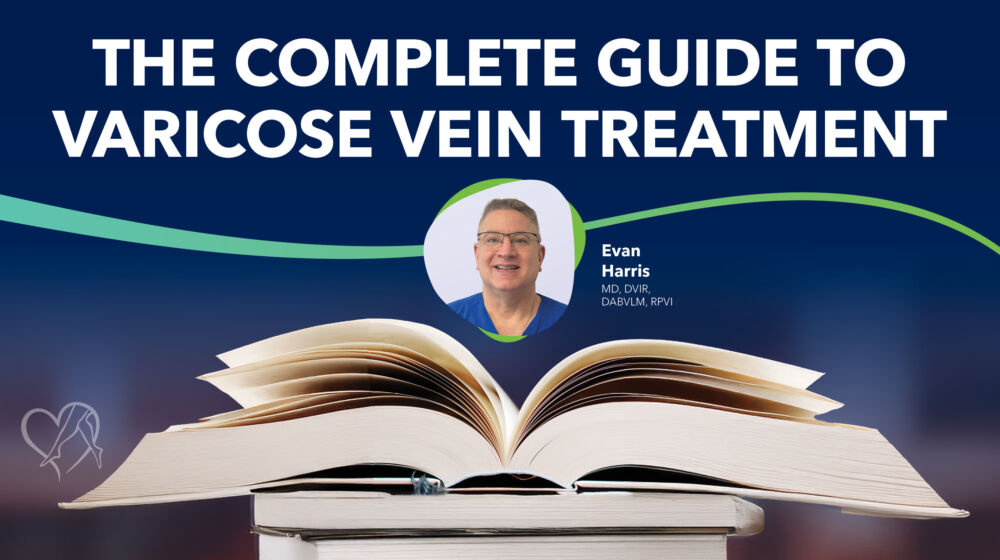
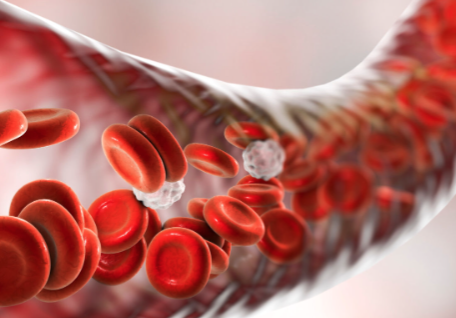 About Vein Disease
About Vein Disease
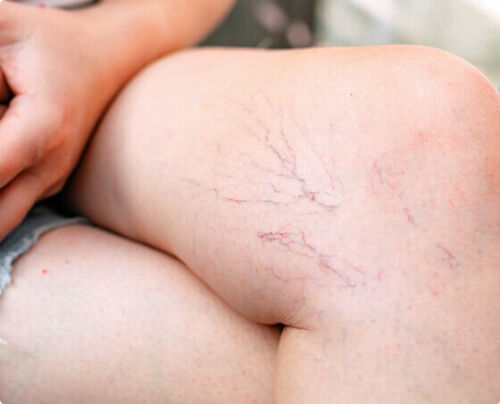 Spider Veins
Spider Veins
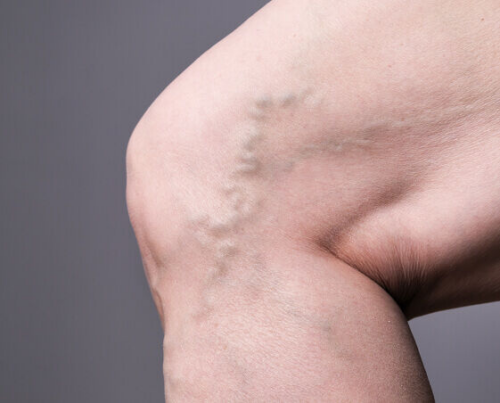 Varicose Veins
Varicose Veins
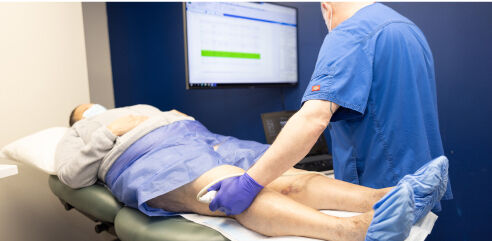 Vein Disease Treatments
Vein Disease Treatments
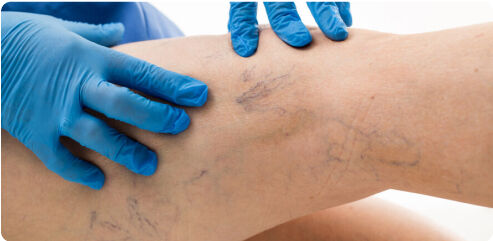 Treating Spider Veins
Treating Spider Veins
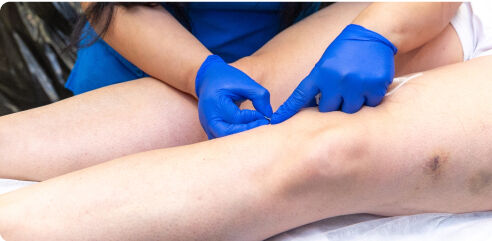 Treating Varicose Veins
Treating Varicose Veins
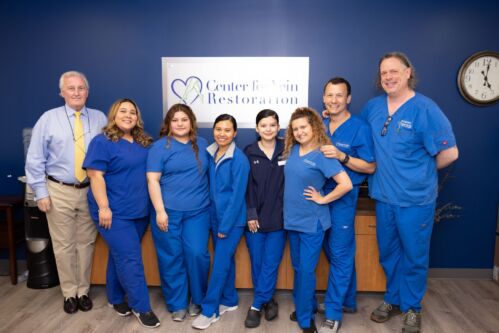 About Us
About Us
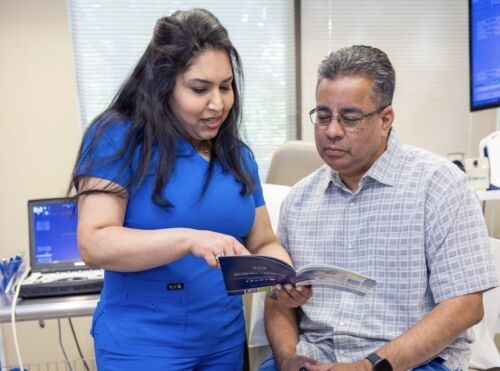 Patient Resources
Patient Resources
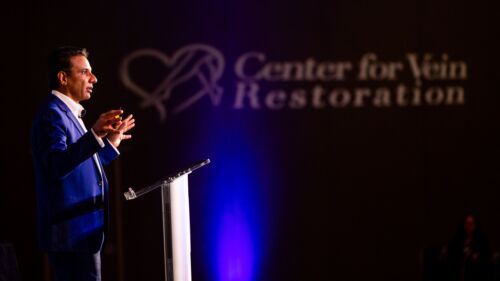 Physician Resources
Physician Resources

